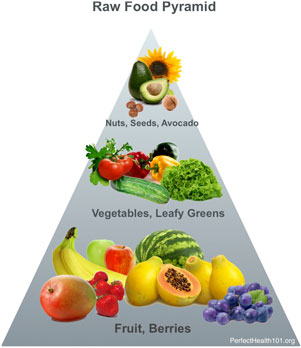01/23/2019 HAPPINESS
Matthew 5:1-12 Now when HE saw the crowds, HE went up on a mountainside and sat down…and HE began to teach them saying:
Blessed are the poor in spirit, for theirs is the kingdom of heaven.
Blessed are those who mourn, for they will be comforted.
Blessed are the meek, for they will inherit the earth.
Blessed are the merciful, for they will be shown mercy.
Blessed are the pure in heart, for they will see GOD.
Blessed are the peacemakers, for they will be called sons of GOD
Blessed are those who are persecuted because of righteousness, for theirs is the kingdom of heaven.
Blessed are you when people insult you, persecute you and falsely say all kinds of evil against you because of me….because great is your reward in heaven… [New International translation]
Definition: The word “Beatitude” is from the Latin “beatus” meaning both “blessed” and “happy.” It is a description of Supreme happiness or Supreme blessedness.
SCRIPTURE DISCUSSION
The verses of Matthew chapter 5:1-12 are often referred to as Jesus’ “Sermon on the Mount” or “The Beatitudes.” Like Moses’ receiving the Ten Commandments on Mt. Sinai, Jesus’ teaching of the eight beatitudes is a message, instruction or proclamation from GOD. The message of the beatitudes is about humility, charity, and spiritual love.
The message of the beatitudes tells us how it means to live like Christ, who sacrificed Himself out of love for all humanity. The beatitudes are a spiritual guide for the “spiritual” or “inner person.”
HAPPINESS RESEARCH
There has been a great deal of research concerning happiness. A number of those studies link happiness with exercise. According to research published about good moods and physical activity, it was noted that “people who work out even once a week or for as little as 10 minutes a day tend to be more cheerful than those who never exercise. And any type of exercise may be helpful.” See, “Even A Little Exercise Might Make Us Happier,” by Gretchen Reynolds, www.nytimes.com/2018/05/02/well/move/even-a-little-exercise-might-make-us-happier.html.
Researchers at the University of Michigan in The Journal of Happiness Studies decided to aggregate and review studies on working out and happiness. They looked at about 23 studies which together involved more than 500,000 people “ranging in age from adolescents to the very old” from a broad range of ethnic and socioeconomic backgrounds. The researchers found that there was a strong link between exercise and happiness. Id.
The researchers found that the type of exercise didn’t matter. Some happy people walked and some jogged, some did yoga-type exercises or stretching. Those who exercised once or twice a week said they were happier than those who did not work out at all. They found that even 10 minutes of exercise was linked to “buoyant moods.” In general, it seemed that more exercise tended to contribute to greater happiness. According to the research:
If people exercised for at least 30 minutes on most days, which is the standard
American and European recommendation for good health, Dr. Chen says, they
were about 30 percent more likely to consider themselves happy than people
who did not meet the guidelines.
Id. The researchers noted that there were indications that social factors may play a role in the reports of happiness. For example, the social interaction that occurs from joining others in a gym or joining an exercise class or taking a trip to the gym might be one of the factors that elevate a person’s mood.
It was noted that exercise tends to improve health and that the feeling of being healthier tends to create happiness. It was also noted that exercise might remodel the brain, “by prompting the creation of new brain cells or creating a change in the chemistry of the brain in ways that contribute to the happiness emotion. Id.
The report on this research did not overlook the possibility that happiness and exercise may just happen “to occur” together rather than the exercise component causing the happiness component. In other words, it may just be that happier people may tend to take up exercise or continue to exercise more than people who are sad. Or, that happier people make great exercisers. Id.
Obviously, much more work, analysis and research need to be done. But, if exercise can help you live a happier life, why not give exercise a chance! Test it out for yourself! See if you also reach the same conclusion as the researcher---that people who exercise are probably going to be happier than people who don’t. Id.


